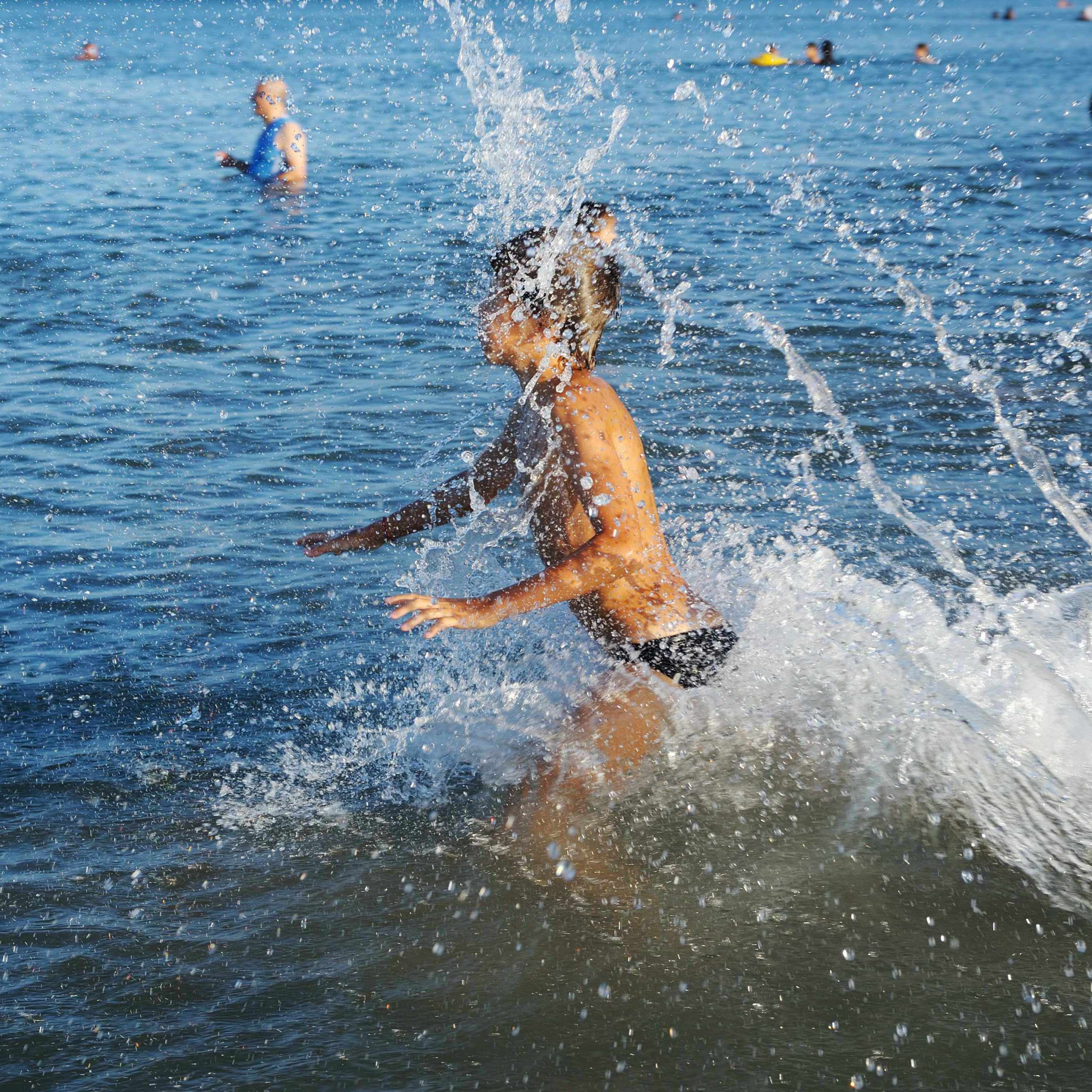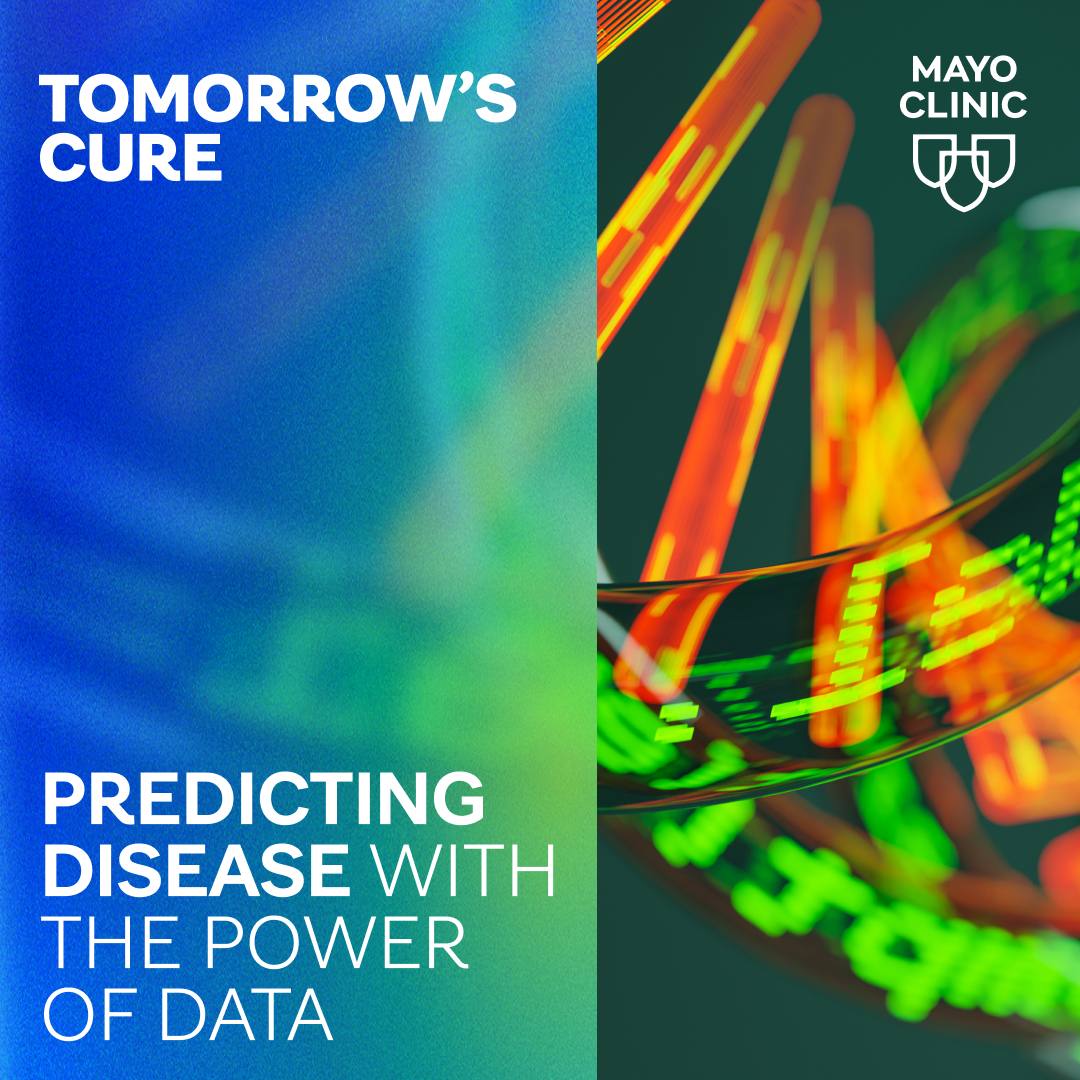Between the high-calorie foods and stress of the season, it's easy to overeat around the holidays. In this Mayo Clinic Minute, Dr. Donald Hensrud, director of the Mayo Clinic Healthy Living Program, discusses some simple ways to take a healthier approach to the holidays.
Journalists: Broadcast-quality video (0:59) is in the downloads at the end of this post. Please "Courtesy: Mayo Clinic News Network." Read the script.
Holiday gatherings may look a little different this year because of the COVID-19 pandemic. Many won't be attending big family gatherings or holiday parties. But, as Dr. Hensrud explains, "We still have the usual things to deal with: a lot of calories, a lot of food. And we've got other stresses to deal with. It's not easy for many people."
Dr. Hensrud says there are things people can do to make the holidays a little healthier.
"Remember the old tried and true: Try and take a walk during the day before a big meal," says Dr. Hensrud. "Keep some activity in your schedule that can help deal with the high-calorie meals."
When it comes to the big holiday meals, you don't have to sacrifice taste or go hungry to manage healthful eating.
"Make the same old things that may be high-calorie and watch the portion size," says Dr. Hensrud. "Another one is substituting ingredients. Instead of adding a lot of sugar, add banana to a baked dish … or applesauce. Another is to make sure and serve the healthy foods along with some of the higher-calorie treats that we enjoy."
Staying active and making healthy food choices also can help manage stress.
Information in this post was accurate at the time of its posting. Due to the fluid nature of the COVID-19 pandemic, scientific understanding, along with guidelines and recommendations, may have changed since the original publication date.
For the safety of its patients, staff and visitors, Mayo Clinic has strict masking policies in place. Anyone shown without a mask was recorded prior to COVID-19 or recorded in an area not designated for patient care, where social distancing and other safety protocols were followed.
For more information and all your COVID-19 coverage, go to the Mayo Clinic News Network and mayoclinic.org.
Related Articles







